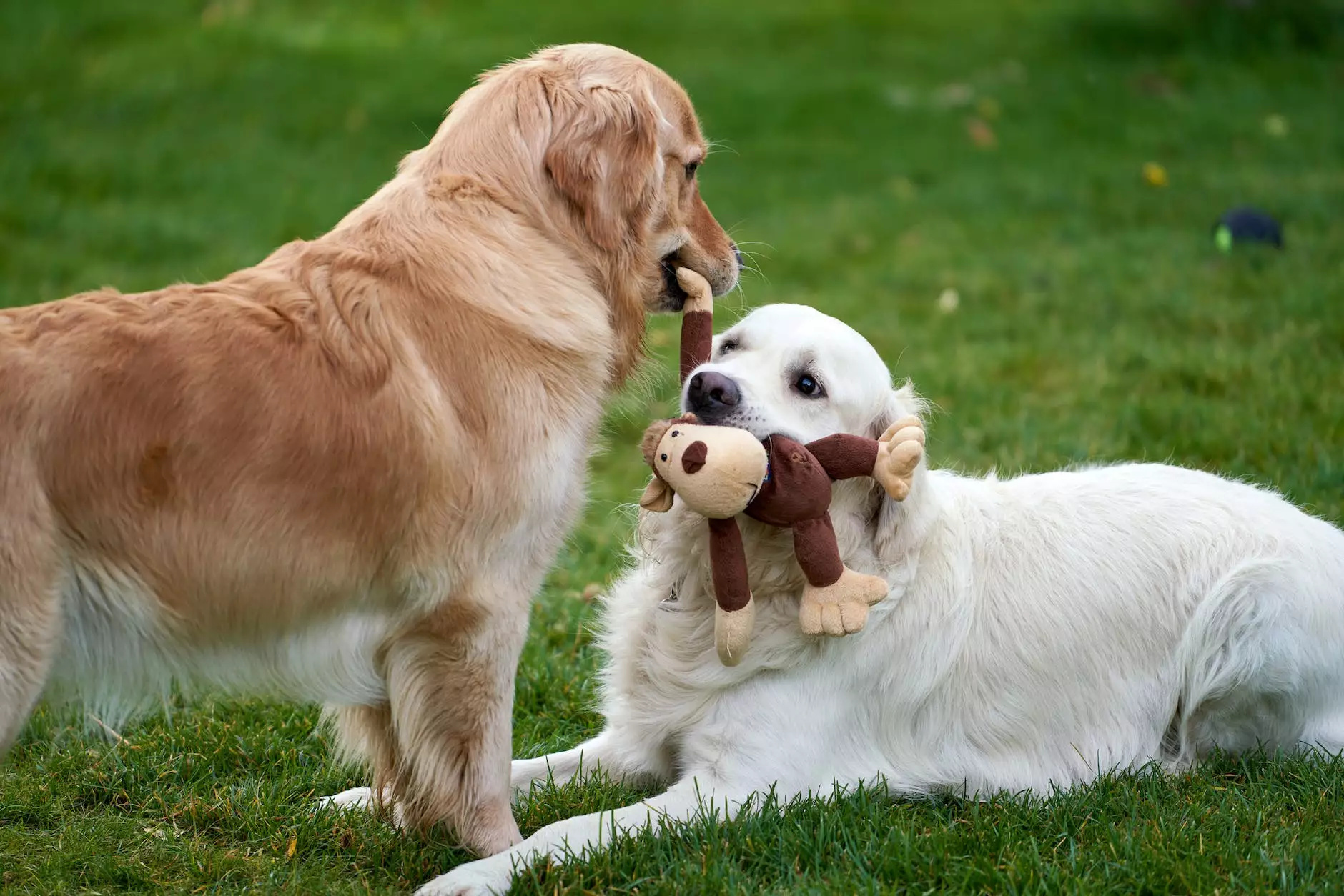25 Animals That Are Illegal to Own as Pets in the US
Blog
Welcome to Holt Design's page on 25 animals that are illegal to own as pets in the US. In this comprehensive guide, we aim to provide you with valuable information about various animals that are prohibited as pets across the country.
Why Are Certain Animals Illegal to Own as Pets?
The laws surrounding pet ownership exist to safeguard both humans and animals. The regulations are in place to ensure the welfare, safety, and conservation of wildlife. By prohibiting the ownership of specific species, the government aims to prevent potential harm to individuals and protect our ecosystems.
Understanding the Legal Framework
In the US, the legality of owning animals as pets varies from state to state. Some animals might be legal to own in one state but illegal in another. It is crucial to acquaint yourself with the regulations specific to your location.
Animals Prohibited as Pets
1. Big Cats: Owning lions, tigers, leopards, or other big cats as pets is strictly prohibited due to the dangers they pose and the specialized care they require.
2. Monkeys: With their potential for aggression, diseases they carry, and complex social structures, monkeys are generally forbidden as pets.
3. Wolves and Wolf Hybrids: Wolves and their hybrids are often banned due to their wild nature and the risks they can present to humans.
4. Primates: Primates, including chimpanzees, orangutans, and gorillas, are not suitable as pets due to their intelligence, strength, and specific social needs.
5. Poisonous Snakes: Many venomous snakes, such as cobras, vipers, and rattlesnakes, cannot be kept as pets due to the potential danger they pose.
6. Crocodilians: Alligators and crocodiles are restricted due to their size, aggression, and the specialized habitats they require.
7. Endangered Species: Owning endangered species is strictly forbidden to protect their populations and prevent illegal wildlife trade.
8. Birds of Prey: Owning eagles, hawks, falcons, and other birds of prey is generally illegal due to conservation efforts and the need for specialized care.
9. Wild Canids: Wild canids, such as foxes and wolves, are often prohibited as pets due to their instinctual behavior and the difficulty of providing adequate care.
10. Large Constrictor Snakes: Species like Burmese pythons and anacondas are restricted due to their potential to harm humans and the environment.
11. Non-Human Primates: Non-human primates, including lemurs and macaques, cannot be kept as pets due to their complexity and specialized needs.
12. Exotic Birds: Certain exotic bird species are prohibited as pets due to issues like habitat destruction, illegal trade, and the risk of spreading diseases.
13. Giraffes: The prohibitions on owning giraffes as pets are primarily due to their size, specialized diets, and the challenges of providing appropriate care.
14. Crocodilians: Owning crocodilians, such as caimans and gharials, is generally not allowed due to their aggressive nature and the risks they pose.
15. Marine Mammals: Marine mammals like dolphins and whales are highly intelligent, social creatures and are therefore prohibited as pets.
16. Bats: The risks of diseases like rabies associated with bats, along with their specialized needs, make them unsuitable as pets.
17. Wild Felines: Wild feline species, including cheetahs and servals, are often illegal to own due to their specific needs and inherent dangers.
18. Elephants: The ban on owning elephants is primarily driven by ethical concerns, as they require large spaces, social interaction, and specialized care.
19. Non-Domesticated Canines: Certain non-domesticated canines, such as dingoes and coyotes, are prohibited due to the risks they present and potential hybridization with domestic dogs.
20. Reptiles: Various reptile species, including certain turtles and lizards, are illegal to own as pets due to risk factors like salmonella and conservation concerns.
21. Invasive Species: Many non-native species, like certain frogs or snakes, are banned to prevent ecological harm and preserve native wildlife.
22. Raptors: Owning raptors, which include eagles, owls, and falcons, is generally illegal without the required permits and specialized training.
23. Big Herbivores: Large herbivores like zebras and hippos are often prohibited as pets due to their size, specific dietary needs, and the risks they pose.
24. Exotic Antelope: Many exotic antelope species, such as gazelles and oryxes, cannot be owned as pets due to their needs, behavior, and conservation efforts.
25. Non-Traditional Pets: Certain unconventional pets, including venomous insects and spiders, scorpions, and certain amphibians, are generally not advisable due to the risks they present.
In Conclusion
When considering a pet, it is crucial to research and adhere to the laws and regulations in your area. Responsible pet ownership includes understanding and respecting the limitations set forth to protect animals and our communities. We hope this compilation of animals that are illegal to own as pets in the US helps you make informed decisions and promotes ethical choices in the world of pet ownership.
For more information on our services, including website development and design, please reach out to Holt Design. We are a trusted name in the business and consumer services industry, dedicated to providing exemplary solutions to meet your digital needs.










